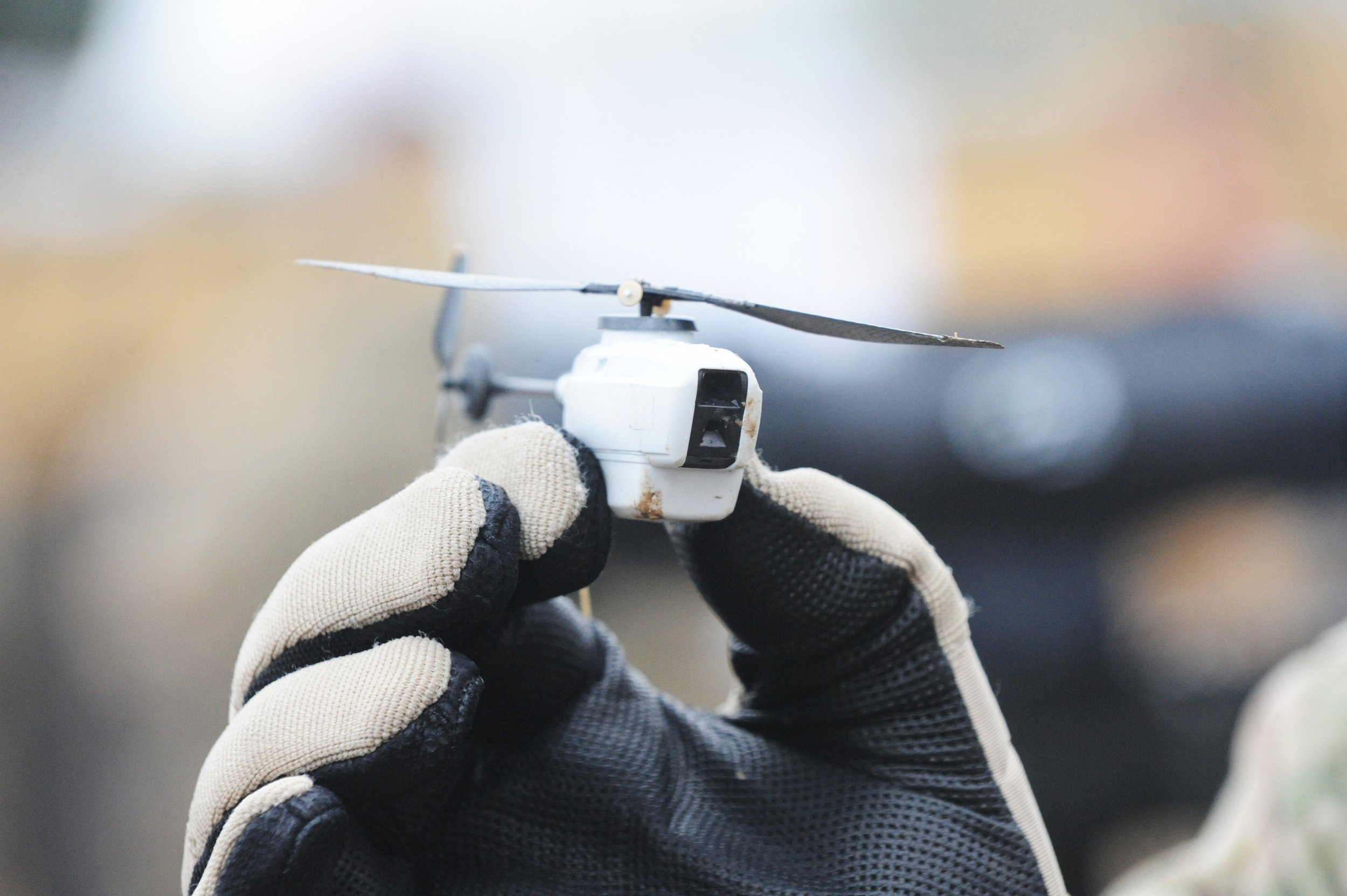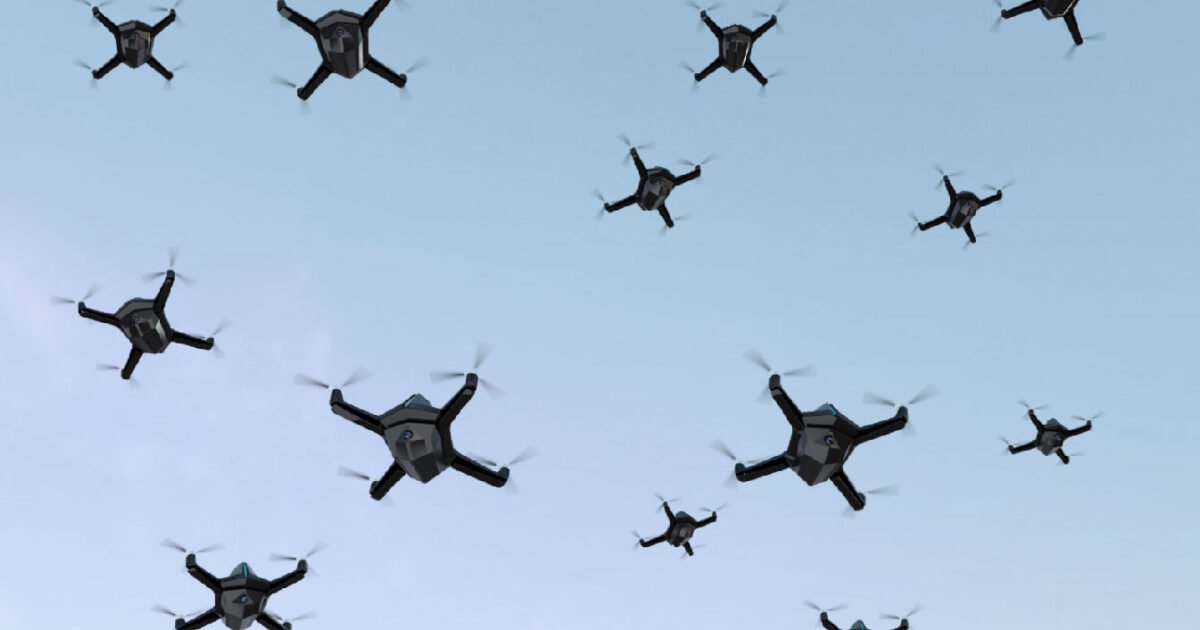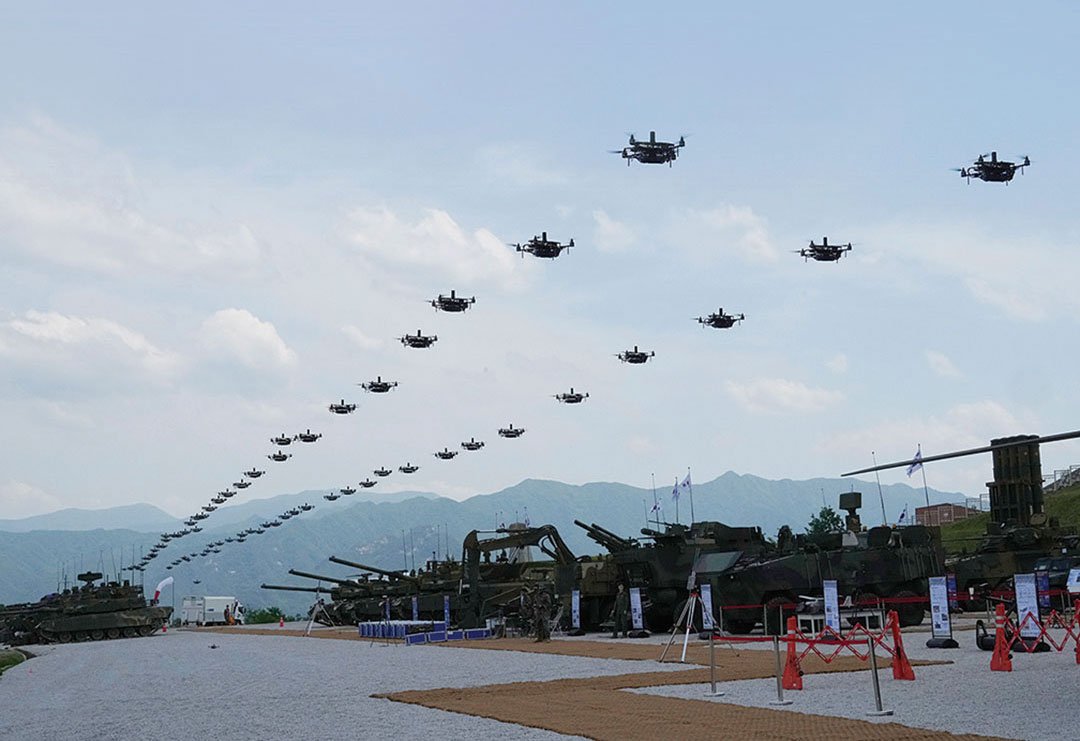Killer Drones
Killer drones, or unmanned aerial vehicles (UAVs) designed for warfare, have become a significant focus in military and defense discussions. These autonomous machines are equipped with advanced technologies that enable them to identify, track, and eliminate targets with minimal human intervention.

Their use has raised ethical concerns and questions about accountability, particularly as military strategists explore the benefits of precision strikes while minimizing risks to human soldiers. Proponents argue that killer drones can reduce casualties and efficiently enforce security measures, while critics warn of the potential for unintended consequences and the dehumanization of warfare.

The proliferation of killer drones by various countries not only alters traditional combat strategies but also impacts geopolitical dynamics. As states invest in drone technology, both for offensive capabilities and surveillance, a new arms race may emerge, prompting nations to adapt their military doctrines and engage in further technological developments.

Moreover, the potential for their use by non-state actors complicates security issues on a global scale, as these organizations may exploit drones for terrorist activities. As the debate continues, the need for comprehensive regulation and ethical guidelines surrounding the deployment of killer drones becomes increasingly urgent.









































